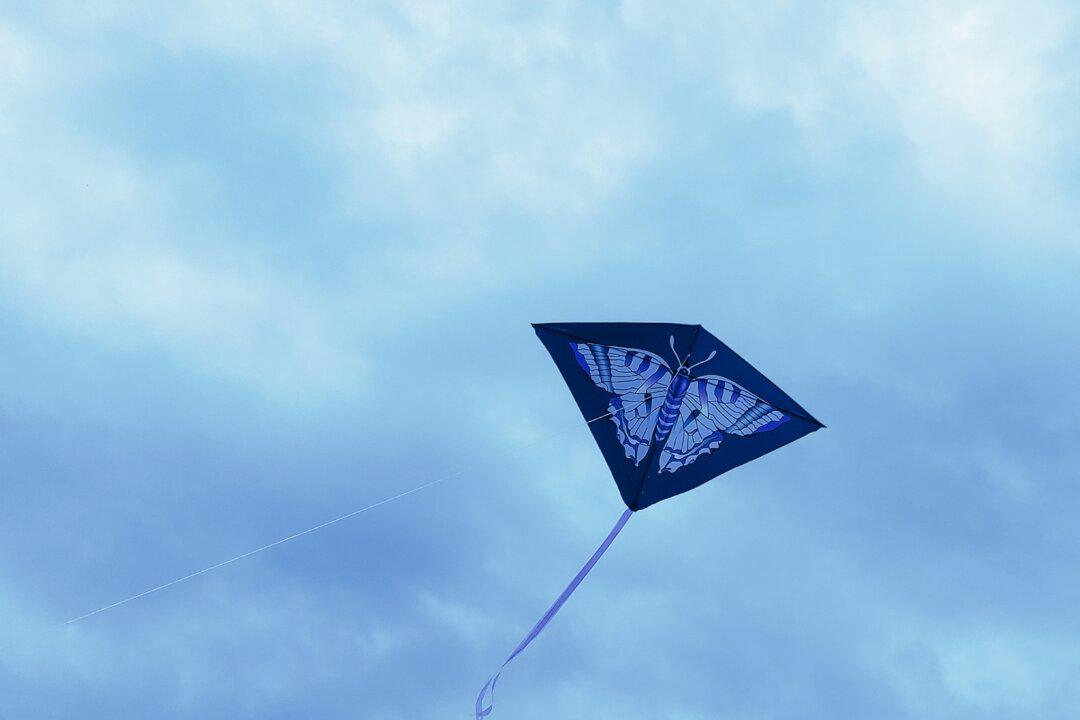Why are many young Americans drawn to communism like moths to a flame? An official from the Victims of Communism memorial once attributed it to dishonesty in pop culture. So, it’s fitting that “The Blue Kite” (1993), a long-forgotten film and a symbol of a more enlightened pop culture, offers a gentle counterpoint. It contends that young minds, nurtured by virtuous parents, can resist the hypnotic lure of communism.
Director Tian Zhuangzhuang tells his coming-of-age story through the eyes of a little boy, Tietou, growing from toddler to teenager in 1950s and 1960s Beijing. Instead of the state’s overt totalitarian violence, the film dwells on its covert assaults on marriage, family, parenthood, and childhood.





